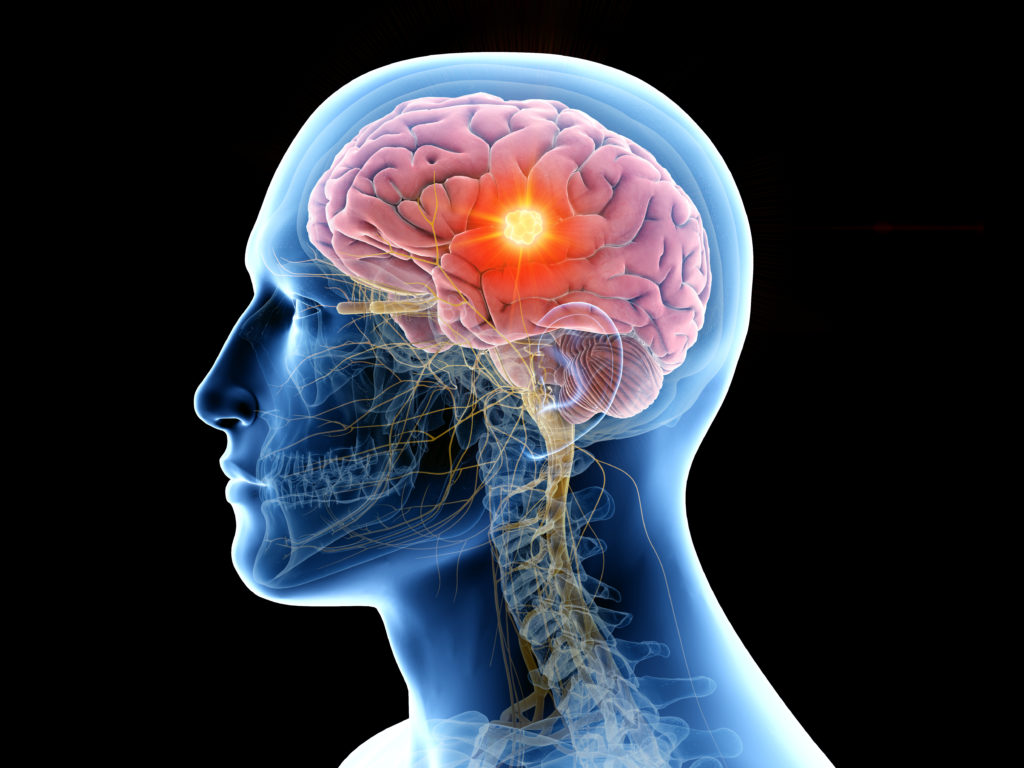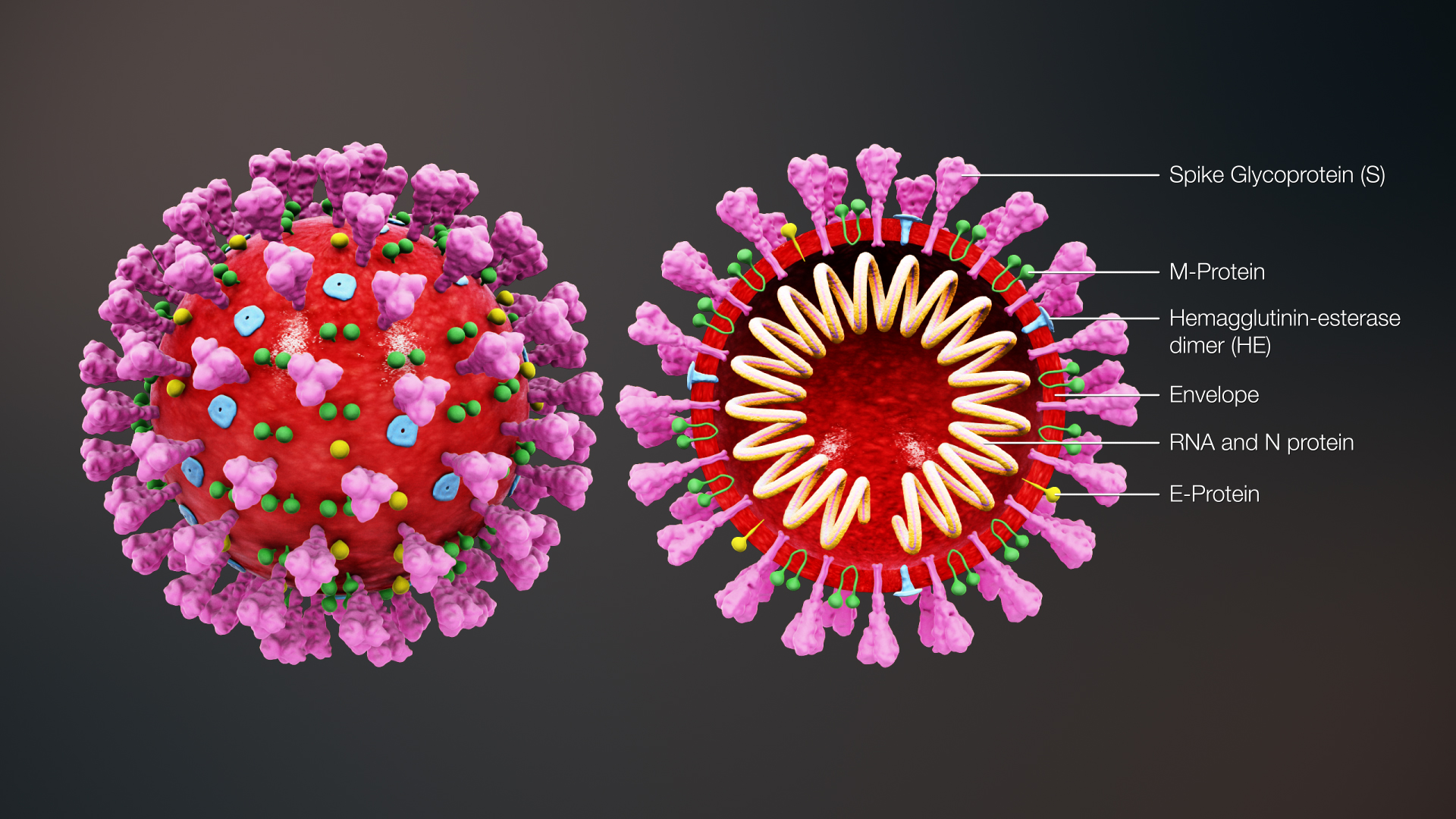Cognitive therapy seeks to help an individual identify dysfunctional thought patterns, assess the pattern for both its validity and lack of validity, and then creates a more “balanced” and modified thought pattern. Typical thought patterns addressed include over-generalization, all-or-nothing thinking, minimization, and magnification, among others.
Cognitive therapy has been well researched and is considered by many to be the “gold standard” for treatment of depression. Here at RCHL we have found it useful for depression, as well as other emotional difficulties if the distress is the result of long-term dysfunctional thought patterns. It is also a great “homework” tool provided the individual is motivated to work on their thought patterns outside of the therapy session.







